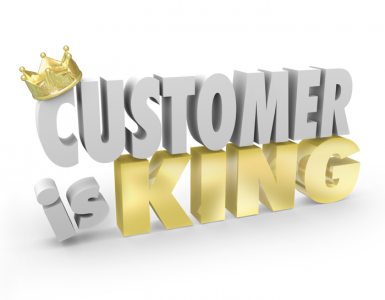VPN services have become very important when countering the ever-increasing threat of Internet surveillance, but unfortunately, not all VPNs are as anonymous as one might hope. In fact, some VPN services log users’ IP-addresses and other private info for months. The purpose of this piece is for you to find out how secure VPNs really are. Nowadays, most Internet users are aware of the fact that every step they take on the Internet is logged or monitored.
Therefore, to prevent their IP-addresses from being visible to everyone, millions of people have signed up to a VPN service. Using a VPN allows users to use the Internet anonymously and prevent snooping. The majority of VPNs providers’ services are not anonymous as they claim to be. This has been confirmed by various research carried out with leading VPN service providers. Here are some tips to look out for you to attain online anonymity with personal VPN services.

Does your VPN service provider keep any logs which would allow you to match an IP-address and a time stamp to a user of your service? If so, exactly what information do they hold and for how long? You should also know what jurisdictions your VPN service provider operate. What tools do they use to monitor and mitigate service abuse? You should know if they use any external email providers or tools that keep users’ information such as Google Apps, Zendesk, and others. You should find out how they handle takedown notice such as DMCA takedown notice or European equivalent.
What steps do they take when a valid court order requires them to identify the active service user? You should find out if something like that has ever happened. Do a thorough research online. Does your VPN service provider have a warrant canary or a similar solution to alert customers to gag orders? A good VPN service must allow file-sharing traffic such as BitTorrent. If they don’t allow such, you should find out why. You should also take note of the most secure VPN connection and encryption algorithm they recommend to you. Find out if they provide tools such as “kill switches” if connection drops and DNS leak protection. The most important tip is to find out if they use their own DNS servers, and if they don’t, you need to be sure that their server is secured.
Achieving privacy requires finding a way to minimize the oversight of ISPs as well as the profiling built into browsers., search engines and websites. It is also important to watch out for DNS nameservers used to Modulating IP Addresses because these are increasingly used as data capture systems.
At any one of these stages, data unique to each user is being logged. This is especially true when using search engines while logged into services such as Google or Facebook. You might not mind that a particular search is logged by the search provider but most people don’t realize how this is connected directly to personal data such as IP address, browser, and computer ID not to mention name and email address for those services. Put bluntly, the fact that an individual searched for health, job or legal advice is stored indefinitely as part of their personal online profile whether they like it or not.
In theory, the traditional way of shielding Internet use from ISPs can be achieved using a VPN provider. A VPN creates an encrypted tunnel from the user’s device and the service provider’s servers which mean that any websites visited after that become invisible to the user’s primary ISP. In turn, the user’s IP address is also hidden from those websites. Notice, however, that the VPN provider can still see which sites are being visited and will also know the user’s ISP IP.
In summary, the best way to attain online anonymity with a personal or private VPN service is to pay for the services of a very effective and efficient VPN service providers.




